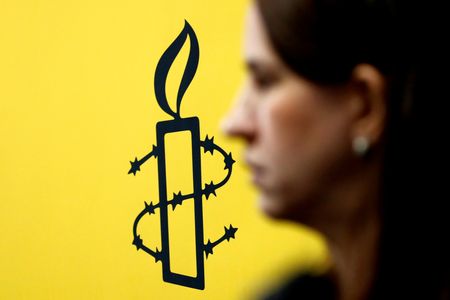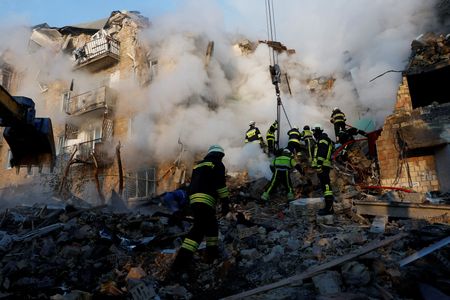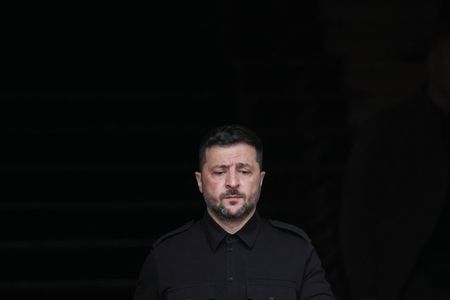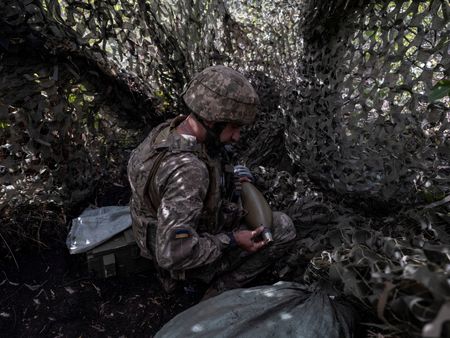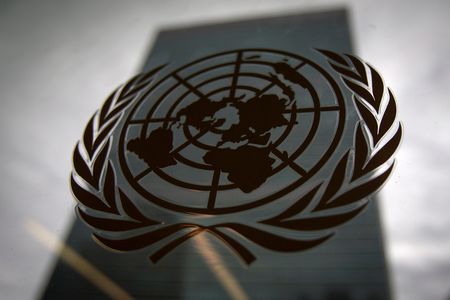By Guy Faulconbridge and Felix Light
MOSCOW (Reuters) -Russia banned Amnesty International on Monday by classing it as an “undesirable organisation” for backing Ukraine against Russia, drawing a rebuke from the group which said it would redouble efforts to expose Russian human rights abuses.
Founded in 1961 and headquartered in London, Amnesty International campaigns for human rights across the world, including on behalf of those it designates prisoners of conscience.
Russia’s prosecutor general said that Amnesty International Limited’s London office was a “centre for the preparation of global Russophobic projects”, and accused it of advocating on behalf of Ukraine, with which Russia is at war.
The Russian prosecutor said Amnesty International had done “everything possible to intensify the military confrontation in the region” while justifying the alleged crimes of Ukraine and seeking the isolation of Russia.
“You must be doing something right if the Kremlin bans you,” Amnesty International Secretary General Agnès Callamard said in a statement. “This decision is part of the Russian government’s broader effort to silence dissent and isolate civil society.”
“We will redouble our efforts to expose Russia’s egregious human rights violations both at home and abroad,” Callamard said. “Amnesty will never give up or back down in its fight for upholding human rights in Russia and beyond.”
Russia regularly designates organisations it says undermine its national security as “undesirable”. The designation mandates penalties of up to five years in prison for Russian citizens working with or funding designated groups.
Organisations previously banned as undesirable include U.S. government-funded broadcaster Radio Free Europe/Radio Liberty and international environmental organisation Greenpeace.
Amnesty said that the Russian law under which the designation was made itself violates international law, and said the move came three years after Moscow blocked access to Amnesty International’s websites in Russia and effectively closed down its office in Moscow. Russia says its laws have legal primacy.
Russia says that Western human rights groups give biased and factually inaccurate assessments of Russia, ignore abuses in the West, and are essentially pawns in a wider Western information war being waged against Moscow.
Rights groups say such accusations are absurd and that the hopes for liberty which accompanied the 1991 fall of the Soviet Union have been smashed under Russian President Vladimir Putin, who rose to power in 1999.
(Reporting by Guy Faulconbridge in Moscow and Felix Light in Tbilisi; editing by Aidan Lewis)

